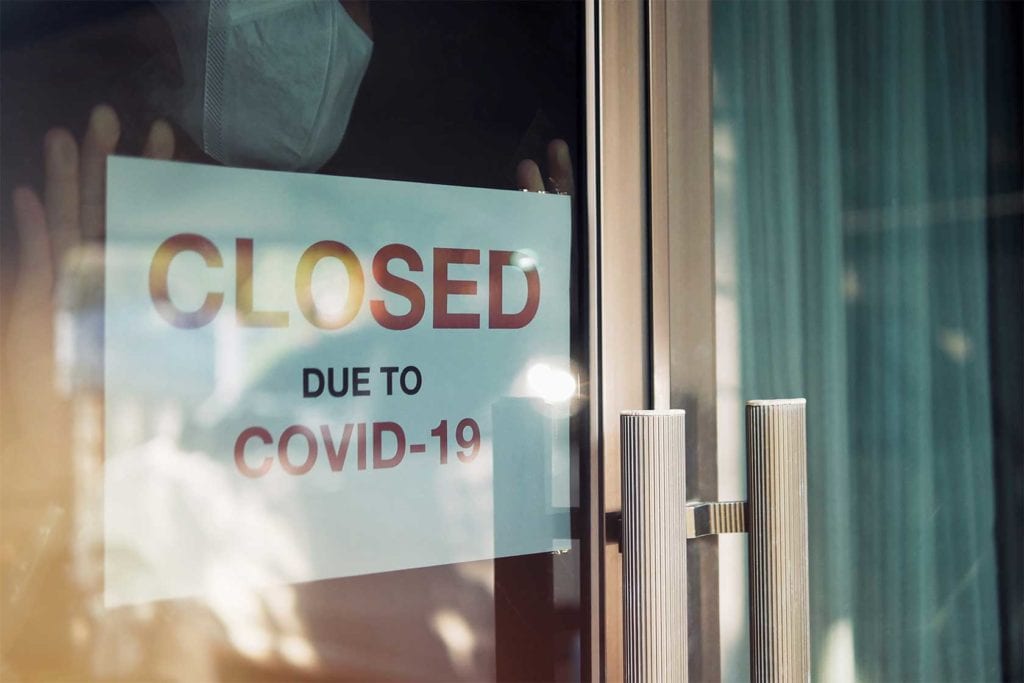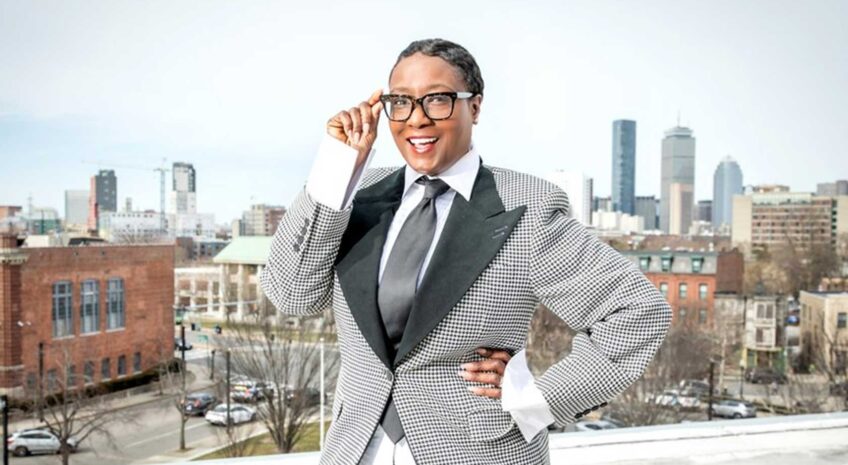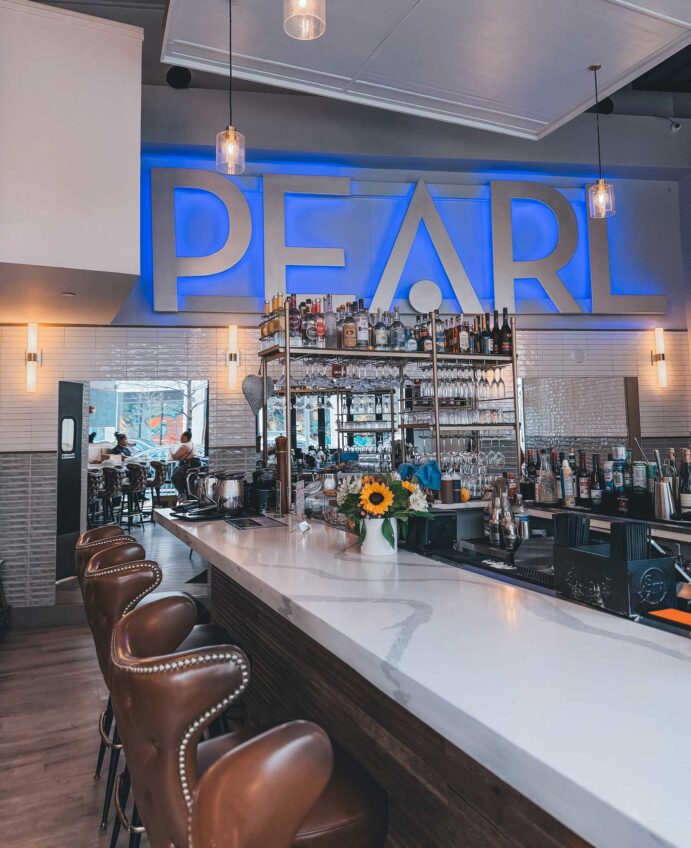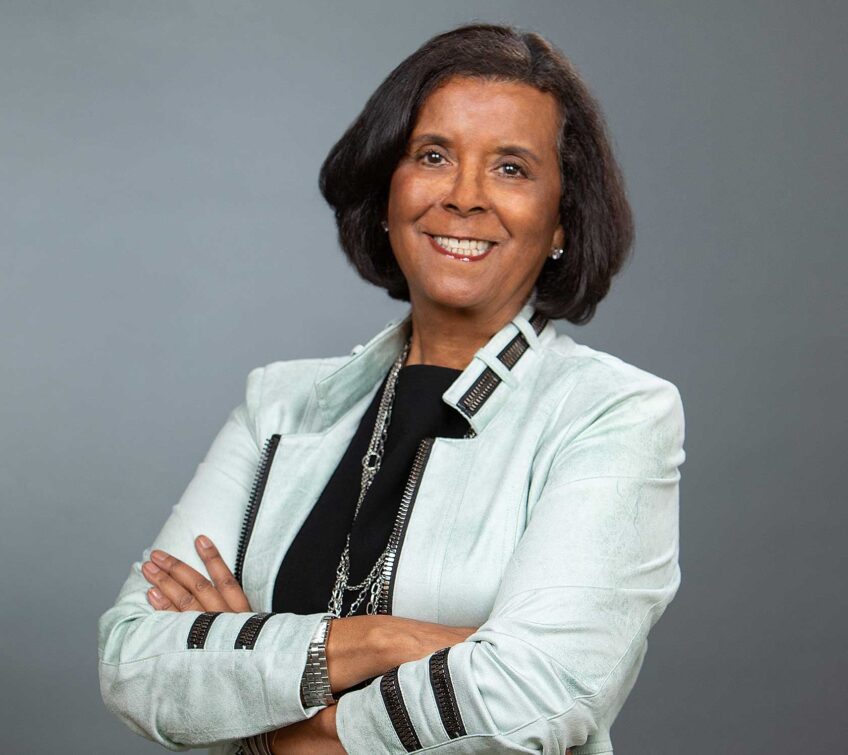Local help for minority businesses
Business Equity COVID-19 Emergency Fund (BECEF)

Most small business owners are struggling in the wake of shutdowns ordered during the coronavirus pandemic, but black and Latino entrepreneurs are especially affected. A coalition of nonprofits came together to address this crisis by creating the Business Equity COVID-19 Emergency Fund (BECEF) to provide economic relief for businesses owned by people of color.
“A lot of our companies, black and Latino, are in a level of crisis,” said Glynn Lloyd, executive director for the Foundation for Business Equity (FBE), one of the coalition partners.
The coalition has already raised $1 million and the first round of funding is closed. $10 million is the ultimate goal, and Lloyd said that the application process will reopen if enough money is raised.
When there’s a “shock and awe” event like a pandemic, said Lloyd, the racial equity gap may increase. “We’re asking people who understand that to take in racial equity as part of their giving, or part of their donating or part of their response,” he told the Banner. “And this is a vehicle for folks to show that.”
Many small business funds are geared towards a specific type of business owner, said Lloyd. Owners need to have a good relationship with lenders. Lloyd said that people with the most resources or larger loan amounts are “taken care of in a different way. And that’s usually not black and Latino entrepreneurs.”
Lloyd addressed the differences between BECEF and funds like the federal Paycheck Protection Program. He noted that Paycheck Protection Program loans must go through Small Business Association (SBA)-approved lenders or banks. These loans are also only forgiven for certain expenses. BECEF loans, on the other hand, cover additional needs.
“Our funds are not specifically going to be forgiven for just payroll and rent,” said Lloyd.
Business owners will also receive advice regarding the future of their companies.
“What makes this fund different in a lot of ways is not only are we deploying relief capital, but also we’re matching it with teams who go in and help with strategy and planning and crisis management,” said Lloyd. “So you’re getting a two-for-one.”
Lloyd said that these teams are critical in a time like this. The teams assess damage, plan ways to lessen the negative impact and connect business owners to government resources.
Massachusetts-based black- and Latino-owned businesses with revenues of at least $250,000 qualify for the BECMA loans. These no-interest loans are up to $100,000 for two- to three-year terms, and payments are deferred for a year.
The applications are examined by a review committee made up of coalition members.
“We’re trying to figure out if you’re set up to weather the storm,” said Lloyd. “We want to help you get to the other side of this thing.”
Lloyd encourages business owners to apply if the fund reopens. He said that the application process is business- and user-friendly, and “not one to shy away from.”
“This is made up of folks who come from the community,” he said. “We live and breathe supporting our black and Latino entrepreneurs.”
Recent studies from the Black Economic Council of Massachusetts (BECMA) show that black-owned businesses are severely impacted by the COVID-19 pandemic. In a survey, 90% of respondents experienced “somewhat to severe negative financial impact” due to COVID-19, and only 13.2% predicted that their business would last longer than a year.
Massachusetts has yet to experience the virus’s peak. Some estimations predict that the peak won’t occur until April 28. In the midst of the crisis, however, Lloyd said that the coalition organizations are committed to backing black and Latino entrepreneurs.
Besides FBE, the nonprofits organizing BECEF include Amplify Latinx, BECMA, the Business Equity Fund at the Boston Foundation, CommonWealth Kitchen and Ujima Boston. Members of the coalition are currently reviewing the first round of applications.
Initial funding has come from Berkshire Bank, Eastern Bank Charitable Foundation, Accordia Partners and others. Donations to the fund are still open, said Lloyd, who added: “We’re hoping that we’re not losing sight of the importance of the racial equity equation as we respond to the crisis.”


![Banner [Virtual] Art Gallery](https://baystatebanner.com/wp-content/uploads/2024/04/Cagen-Luse_Men-at-store-e1713991226112-150x150.jpg)



